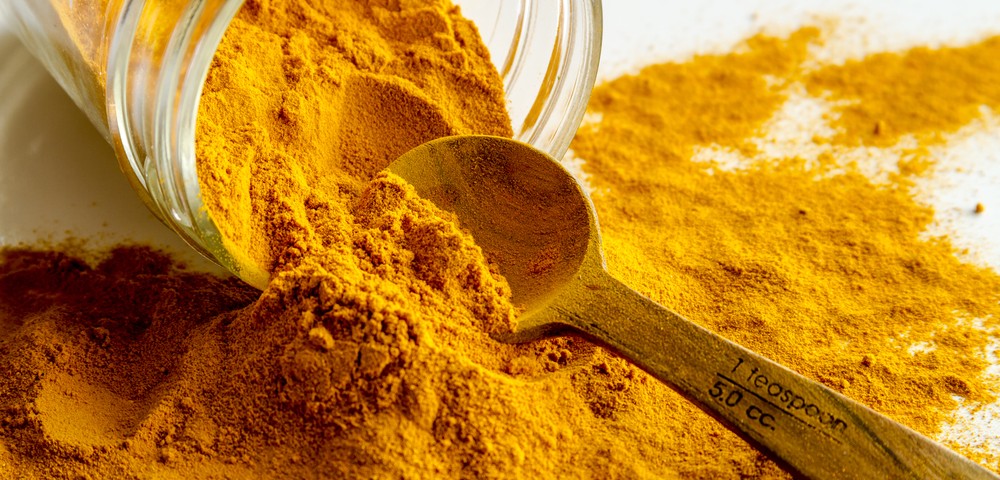Recent research revealed curcumin significantly decreases prostate weight and volume in animal models of benign prostatic hyperplasia (BPH). The study titled “Inhibitory effect of curcumin on testosterone induced benign prostatic hyperplasia rat model,” was published in the journal BMC Complementary and Alternative Medicine.
Benign prostatic hyperplasia (BPH) is a common condition of men as they age and is characterized by a hyperplastic growth of the prostate gland, causing pressure on the bladder and urethra. The underlying causes for BPH are not completely understood, but it is established within the scientific and clinical community that androgens (a group of hormones that play key roles in male traits and reproductive activity) have an important role in the BPH development. Accordingly, the use of steroid 5-alpha reductase inhibitors, such as finasteride and dutasteride, is seen as a successful treatment. However, these compounds are associated with various side effects, including gynecomastia (enlargement of male breasts, most likely as a result of hormone imbalance or hormone therapy), dizziness, upper respiratory infections, headaches, and chest pain.
Curcumin, one of the primary ingredients in turmeric and curry powders, and with beneficial effects in several diseases including retinal diseases and Parkinson’s disease, was also suggested to enhance degradation of a key receptor in prostate cancer and induce cancer cell death.
In this study, authors investigated the potential repressor effect of curcumin in BPH using animal models for the disease (BPH was induced by castrating the rats followed by daily subcutaneous injection of testosterone). Researchers used male Wistar rats dividing them into four different groups — a control group with no treatment, a BPH group, a group treated with finasteride and a group of rats treated with curcumin (curcumin was administered at 50 mg/kg; all materials were given orally once daily during 4 weeks).
The team observed that curcumin inhibited the development of BPH, significantly lowering prostate weight and volume. Additionally, authors observed curcumin decreased expression of VEGF, TGF-ß1, and IGF1 when compared to the control group (important growth factors in prostate tissue).
These findings suggest that curcumin could potentially be used as an herbal treatment or functional food for BPH management, this way bypassing the adverse side effects observed in commonly used treatments for the condition.

